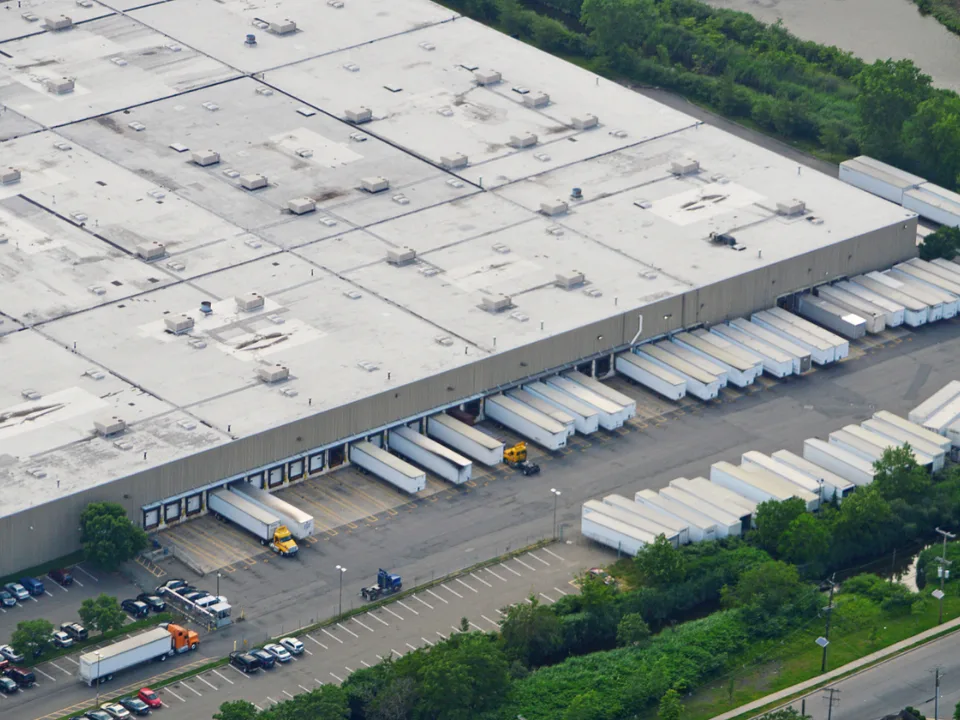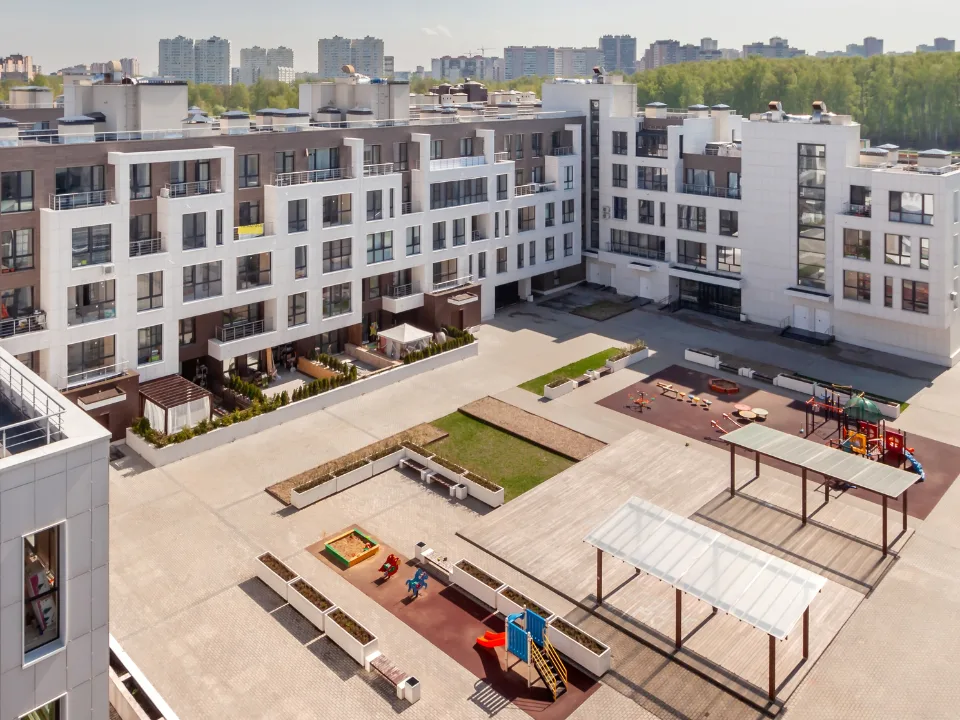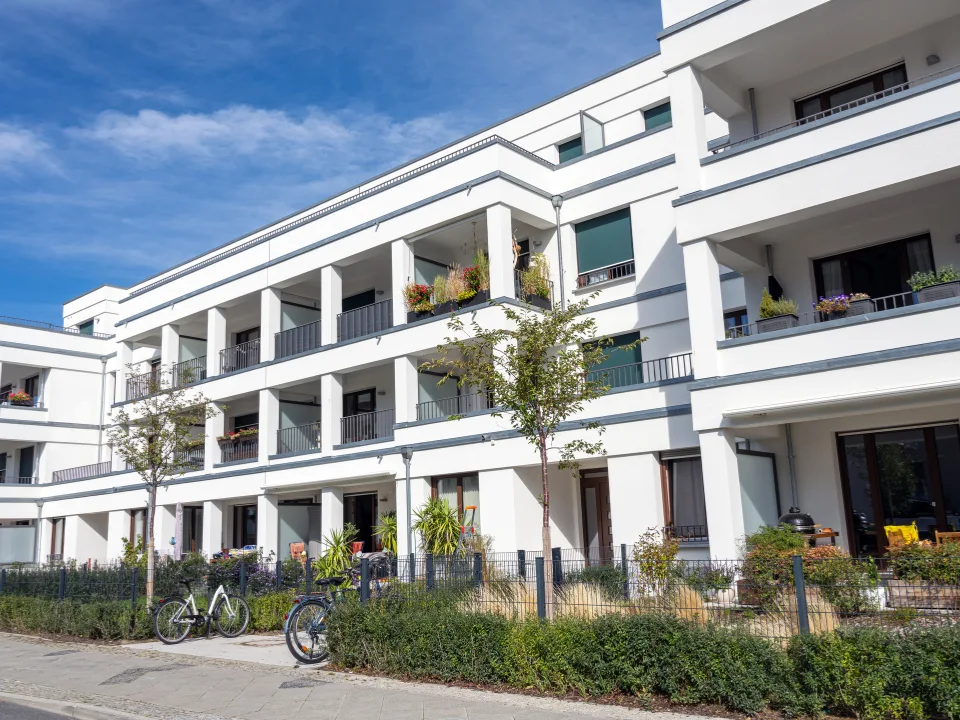- Burlington purchased an 890 KSF warehouse in Riverside, CA, from BlackRock for $257M—the largest industrial deal in Southern California in over a year.
- The acquisition is Burlington’s priciest real estate deal to date, signaling a broader shift toward owning, rather than leasing, logistics infrastructure.
- The company now owns three of its 12 distribution centers, with recent buys in Georgia and California forming a key part of its national logistics overhaul.
- User-owners like Burlington are gaining ground in the Inland Empire, stepping in as institutional investors pull back from the market.
Inside the Deal
Located at 21600 Cactus Avenue in Riverside, the facility boasts 40-foot clear heights and 220 dock doors—attributes that are increasingly rare and costly to replicate in today’s market. Burlington acquired the property from BlackRock for approximately $289/SF, according to CoStar.
Originally purchased by BlackRock in 2017 for $117M, the site was developed into a modern distribution hub and has housed Burlington’s operations since 2019.
Strategic Shift
The deal reflects Burlington’s growing emphasis on owning its logistics network as it expands its national footprint. In FY 2024, the company opened 101 new stores and relocated 31 larger locations. Executives say controlling distribution is now critical to managing merchandise flow and reducing labor and processing costs.
“We’re redesigning how merchandise flows within [distribution centers], automating select processes and ultimately reducing touches and time to process merchandise and saving labor dollars,” said CFO Kristin Wolfe during Burlington’s Q3 earnings call.
Get Smarter about what matters in CRE
Stay ahead of trends in commercial real estate with CRE Daily – the free newsletter delivering everything you need to start your day in just 5-minutes
Market Context
The Inland Empire—long a hub for U.S. logistics—has seen a 19% decline in industrial sales volume year-over-year, though average prices have ticked up just 1%, according to CoStar data.
Institutional investors, including REITs, have scaled back in the region, accounting for just 6% of recent industrial buyers, compared to 10% historically. This has opened opportunities for users like Burlington, who now represent a growing share of transactions.
“Deals of that size are typically dominated by institutional investors, but users have taken a larger portion of investment opportunities in the market recently,” said Jesse Gundersheim, CoStar’s senior director of market analytics for Los Angeles.
Why It Matters
As the logistics sector becomes increasingly vital to retailers’ growth strategies, Burlington’s real estate pivot reflects a broader trend: controlling the flow of goods is as important as expanding store counts.
Ownership also shields retailers from rental volatility, giving them more financial predictability in a sector facing rising development costs and shifting investment dynamics.
What’s Next
Expect Burlington and other retailers like Target, which recently dropped $231M on a Denver warehouse, to continue buying key logistics assets in major distribution corridors.
With three distribution centers now under ownership and more likely to follow, Burlington appears all-in on building a vertically integrated logistics operation to support its brick-and-mortar and e-commerce growth.














